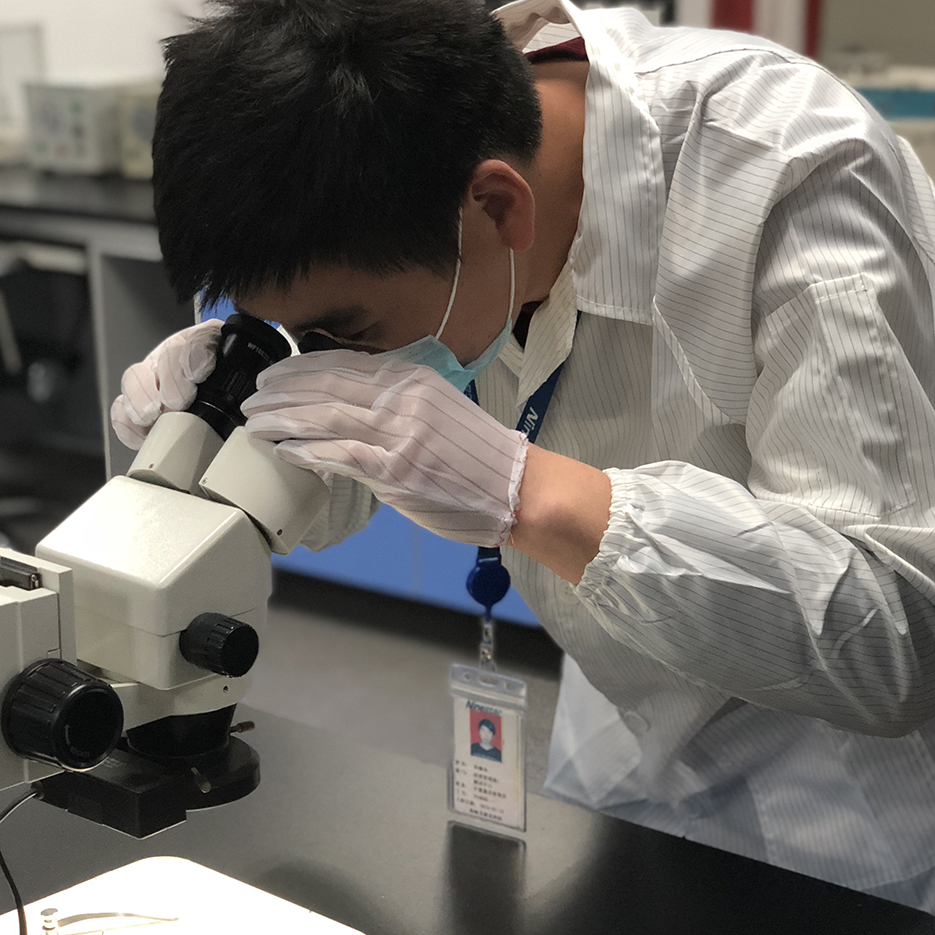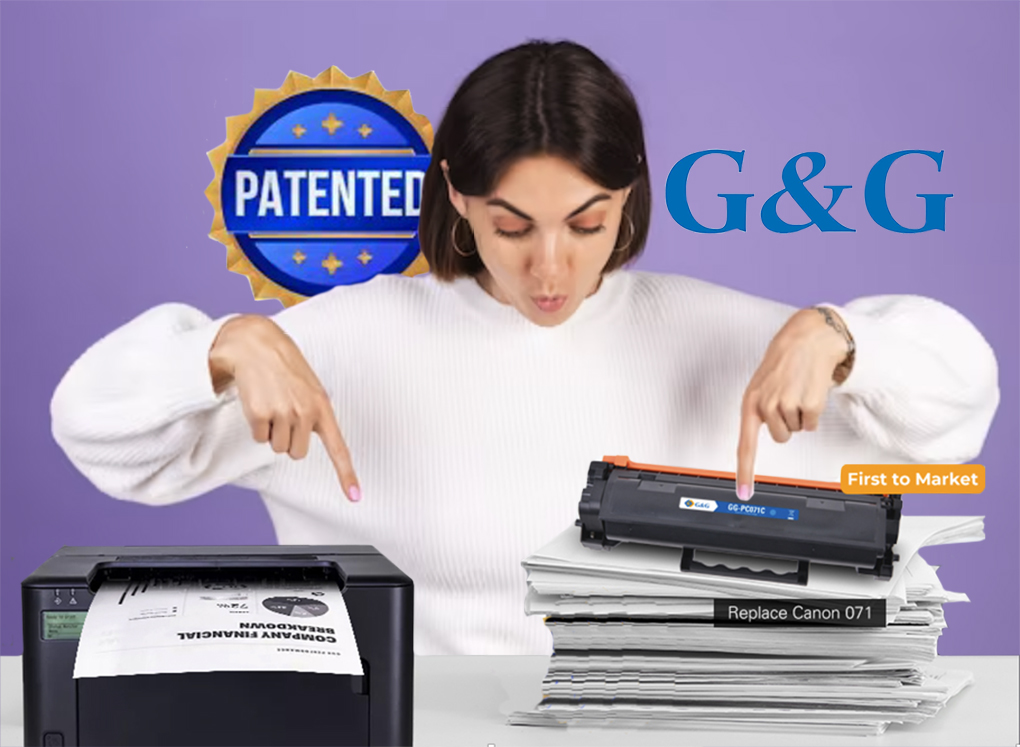Ed O’Connor to Represent Impression Products
Famed US patent attorney Ed O’Connor will represent printing supplies vendor Impression Products in the U.S. District Court for the Southern District of Ohio. O’Connor will seek a declaration of non-infringement from the Court, in a John Doe lawsuit filed by Lexmark.
Based in West Virginia, Impression Products (IP) is a leading printer and printer supply company. Established in 1978, IP is one of the 36 John Doe companies sued by Lexmark in the Ohio case.
Lexmark has alleged that 36 companies sold or remanufactured toner cartridges that were first sold outside the United States. Based upon the existing first sale doctrine these sales infringed Lexmark patents. The OEM is seeking to add more companies as defendants in this John Doe case.
Ed O’Connor is Chairman of the Eclipse Group a law firm that has a long and successful career in the imaging industry, primarily in cases involving cartridge recharging. He has represented clients before the United States Supreme Court and the International Trade Commission and has won patent infringement and antitrust cases throughout the United States.
This March, the US Supreme Court ruled that when copyrighted products are sold, all rights are immediately exhausted and no longer in force or effect —no matter where in the world they were sold.
This first sale doctrine has been used previously to prohibit the resale of legal products first sold outside of the USA, to be resold again inside the USA.
O’Connor said by implication, it is the same issue involving patented products after the first sale of a patented product, such as a toner or ink cartridge, the same doctrine should apply, meaning all patent rights should be exhausted upon the first sale anywhere in the world
O’Connor said, “If you read the U.S. Supreme Court copyright case, which is the Kirtsaeng vs John Wiley Publications, the rationale given by the Supreme Court would have to apply to first sales of patented products as well as copyright products. That decision was based, in large part, on statements made by Lord Coke back in the early 1600s, where he was talking about the sale of a horse. Lord Coke said that when you sell anything, all the rights go with it. So the Supreme Court said, that would obviously include intellectual property rights, and in particular, that case involves copyright rights. But copyright rights and patent rights are both intellectual property rights. And since Lord Coke said “all rights”, well logically, that would have to include patent rights. So, if you use the basis of the court’s decision, I believe that the Supreme Court in effect overturns Jazz Photo, which is the case on which Lexmark’s case is relying.”
“We have filed a motion to dismiss Lexmark’s case on the basis of this Supreme Court decision. Lexmark’s opposition is due, I think, in a couple weeks, and then we will have time to file a reply brief, and then the court will rule. I know what Lexmark is going to say: it’s going to say that Jazz Photo is the law of that circuit, and the court is bound by that law. In fact, the district court is not bound by Jazz Photo, because the Supreme Court overturns and is the ultimate authority. So, if the Supreme Court, in fact, overturned Jazz Photo, even though it did not address it directly—if the legal thesis set by the Supreme Court effectively overturns Jazz Photo—the district court can, and in my opinion should, hold that effectively Jazz Photo is no longer the law and should dismiss the case. If it does so, that pretty much takes care of every case that’s involved in Lexmark. Then the question becomes what happens to all the agreements—the license agreements, the settlements—that have been entered into, by people who accepted Lexmark’s version of the state of the law. So it could open a whole ‘can of worms’”.




Leave a Comment
Want to join the discussion?Feel free to contribute!